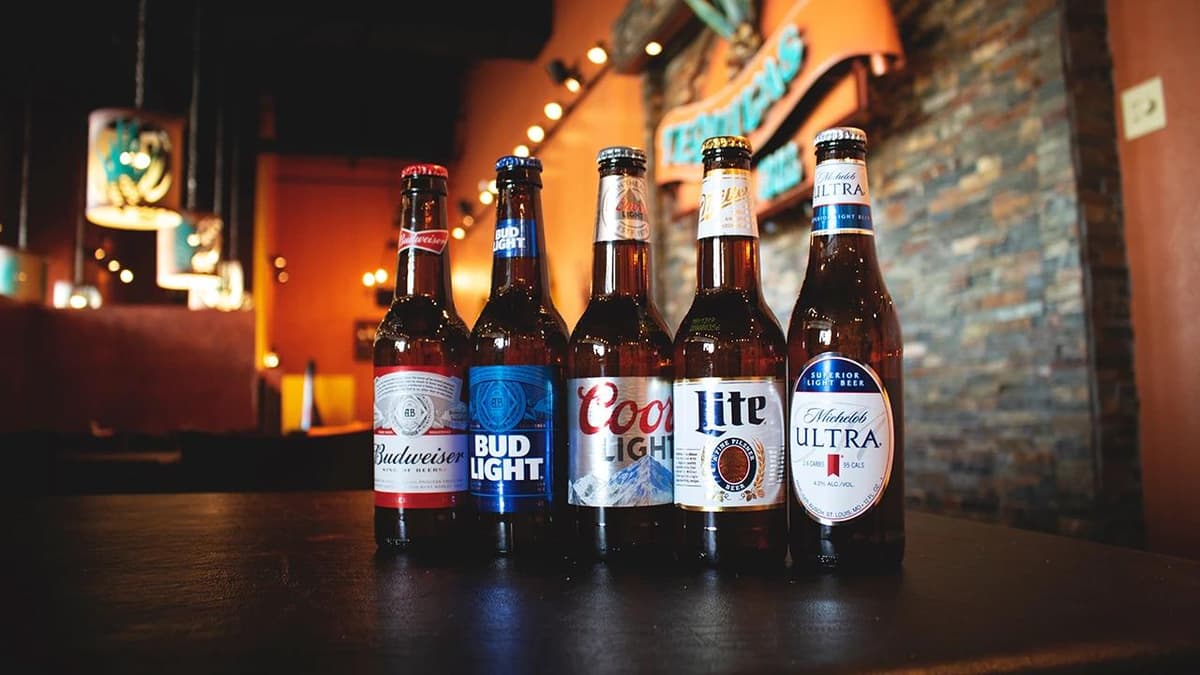Understanding Energy Drinks for Young Adults
Energy drinks have grown in popularity, especially among young adults. Whether preparing for exams, hitting the gym, or just trying to make it through a long day, many people turn to these beverages for a quick boost. But what exactly are energy drinks, and how do they work? Let's explore the world of energy drinks and shed some light on their effects.
What Are Energy Drinks?
Energy drinks are beverages designed to give you a rapid burst of energy and alertness. They contain various ingredients, with caffeine being the most common. Other components typically include sugar, vitamins, amino acids, and herbal extracts, all meant to increase physical and mental performance.
Common Ingredients
- Caffeine: This is the main ingredient, known for its ability to boost focus and reduce fatigue. It's the same substance found in coffee, tea, and chocolate.
- Sugar: Many energy drinks contain high amounts of sugar for a quick energy spike. Some also offer sugar-free versions.
- Vitamins: Often, B-vitamins are added because they help convert food into energy.
- Taurine: An amino acid thought to support neurological development and regulate water and mineral levels.
- Herbal Extracts: Ingredients like ginseng and guarana are sometimes included to enhance energy levels further.
Why Do Young Adults Consume Energy Drinks?
Reasons for consuming these beverages vary but include:
- Academic Performance: College students often use energy drinks to stay awake and alert while studying for exams or completing assignments.
- Physical Activity: Athletes and fitness enthusiasts may drink them before or during workouts to boost their performance.
- Social Situations: Sometimes, these drinks are consumed during parties or social gatherings to keep energy levels high.
The Role of Marketing
Energy drink brands are adept in marketing their products as cool and trendy. They sponsor extreme sports, music festivals, and even video game events. This marketing strategy appeals directly to younger audiences who are more likely to engage in these activities.
Notable Brands
- Red Bull: Known for its slogan, "Red Bull gives you wings," this brand is a market leader and often sponsors sports events. More details can be found on their website.
- Monster Energy: Another popular brand associated with extreme sports and high-energy events. Their website provides more information.
- Rockstar: Marketed towards rock music fans and sports enthusiasts, this brand has a strong following. Visit their website.
Benefits of Energy Drinks
Energy drinks can offer some benefits if consumed appropriately:
- Increased Alertness: The caffeine can make you feel more awake and help you focus.
- Better Physical Performance: Some find they can work out harder and longer after drinking an energy beverage.
- Quick Energy Boost: Ideal for those moments when you need a fast pick-me-up.
Potential Downsides
While energy drinks can be beneficial, they also come with risks, particularly when consumed in excess:
- Health Risks: High consumption of caffeine and sugar can lead to health problems such as heart issues, tooth decay, and weight gain.
- Negative Impact on Sleep: Caffeine can interfere with your sleeping patterns, leading to insomnia and daytime drowsiness.
- Dependency: Over-reliance on these drinks for energy can lead to dependency and a lack of natural energy.
Tips for Safe Consumption
If you choose to consume energy drinks, here are some tips for doing so safely:
- Limit Intake: Stick to one can or serving per day, and avoid drinking them daily.
- Read Labels: Be aware of the caffeine and sugar content. Opt for versions with lower amounts if possible.
- Stay Hydrated: Balance energy drinks with plenty of water to avoid dehydration.
Alternatives to Energy Drinks
There are healthier, more sustainable ways to boost your energy:
- Proper Sleep: Aim for 7-9 hours of sleep per night to maintain high energy levels naturally.
- Balanced Diet: Eating a diet rich in whole foods like fruits, vegetables, and lean proteins can provide natural energy.
- Exercise: Regular physical activity can increase energy and reduce fatigue.
- Hydration: Drinking enough water keeps your body functioning optimally.
Energy drinks can provide a quick and convenient way to boost your energy and alertness. Yet, it's essential to be aware of their potential downsides and consume them responsibly. Always consider healthier alternatives like proper sleep, a balanced diet, and regular exercise for sustained energy. If you're a young adult using energy drinks, make sure to use them wisely and in moderation to get the most benefit with the least risk.












